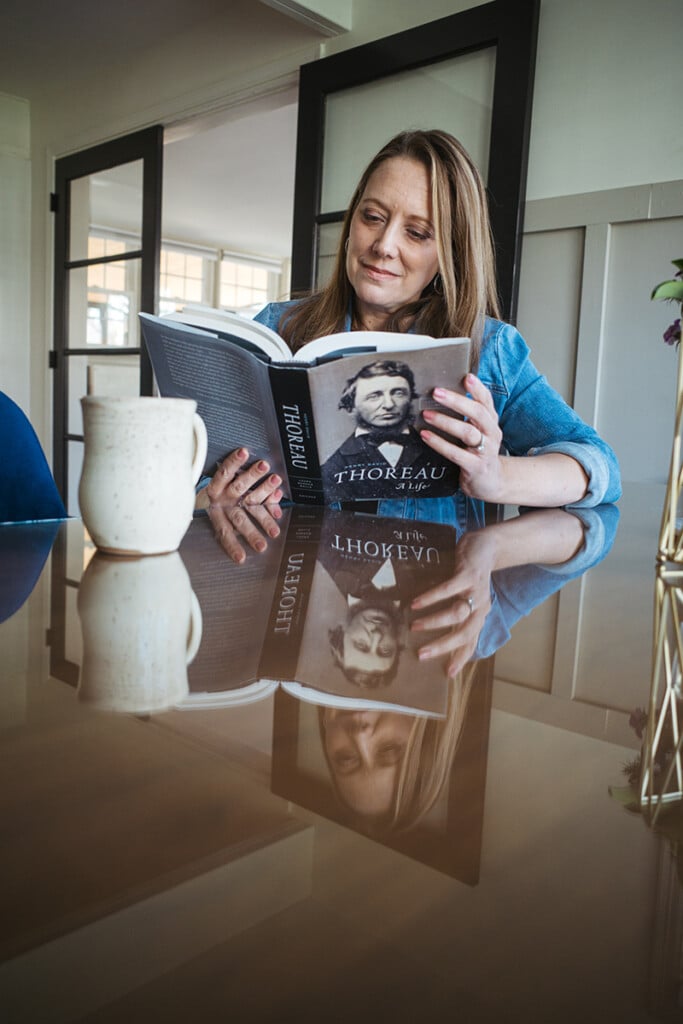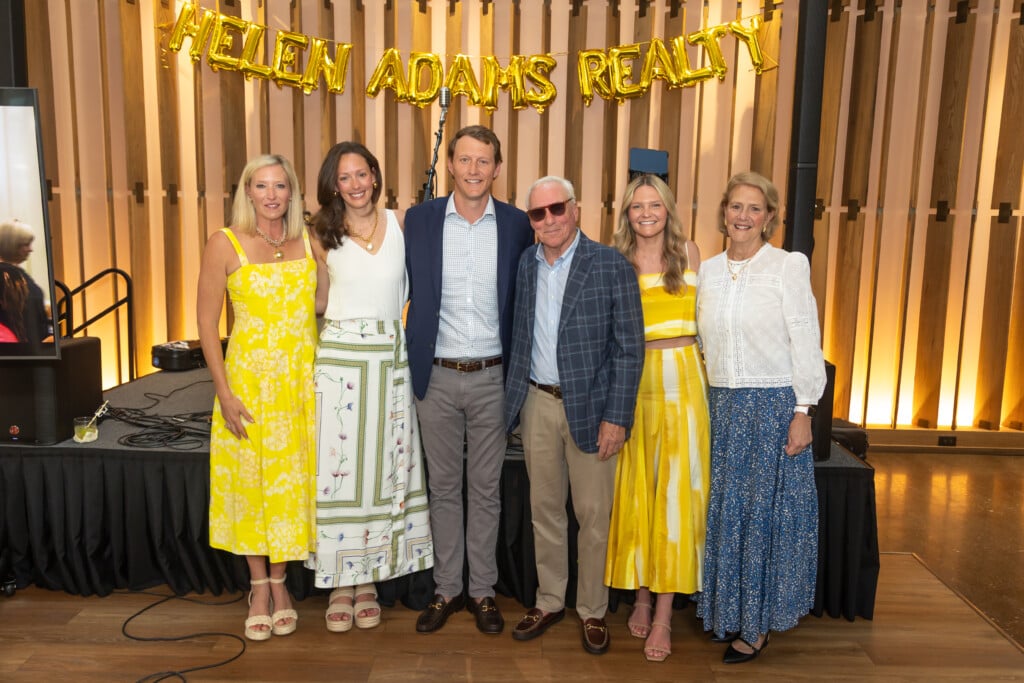BACKPAGE: My Year Of Living Artfully
Art may not bring money or fame. Create it anyway

For 10 years, I thought about writing the book I wanted to write. For one year, I wrote it. I’m here to report: The writing part was easier.
Not that it was easy. Writing a book on the side of a full-time job means cramming writing and research into any available nook of time: early mornings, lunch breaks, weekends when everyone else had fun. Notebooks and books piled around my house. Writing a book was tough work. But not writing it? Agony.
The decade’s delay resulted from practicality. There’s little sense in writing a book. See the news stories about declining reading habits; look at the state of the publishing industry. There was even less sense in writing the book I wanted to write, a philosophy of life according to Henry David Thoreau, among the most misunderstood figures in literature. He’s hardly a top influencer these days (although, I argued, he should be). Why over-complicate my life to write a book no one’s asking to read?
Because I had to. Some of us live with ideas tugging at our sleeves. The book begging to be written. The song waiting for a voice. The painting in need of a brush. The sensible option is to ignore the tugging. Life offers easier, more reasonable paths: paths that lead to money, status, marketability.
It wasn’t always like this. As kids, we pursued such delightfully niche interests: space, garbage trucks, the Bermuda Triangle, trains. Remember when we all had a favorite dinosaur? These ideas lit us up, compelled us to learn and to share everything we knew.
I don’t believe the brain outgrows curiosity. I believe it’s trained out of us in countless ways by well-meaning people who abide the rules of a pragmatic world. We choose a major based on job prospects; we whittle down interests according to their usefulness. No wonder: The world is expensive. To prioritize the practical can create a lifetime of ease. The result, however, is the commodification of curiosity. That the profitability of an idea determines its worth.
“What’s the point?” someone asked me, upon hearing about another writer’s book project. “Just to point to something on a shelf and say, ‘Hey, I wrote that’?” At the time, I was researching my own book. It was a question worth considering: What was the point in undertaking a massively time-consuming project with little chance of success? The point, for me, was the process.
The best part about writing a book was spending a year with this project humming in the background of my life. I was more than my job. More than my role as a wife or daughter or friend. I had something purely mine. I hadn’t considered the term “creative pursuit” before, but it felt apt: pursuing an idea through the inconveniences that life threw at it, believing it was worthy of follow-through. It wasn’t just about creating a thing but living a way.
I think of people I know who balance practical, full-time careers with their own impractical pursuits: music, poetry, paintings. There’s a peace about them, that their job title isn’t all of them. None have gotten rich from their creative work; all live better because of it. Their art makes the world around them better, too. Imagine a life without music, poetry, paintings. It’d be like living in LinkedIn. The horror, the horror.
As the world grows more expensive and increasingly automated, creating art makes less sense. People outsource their imaginations to computers, resulting in the creative space resembling a toddlers’ soccer game, one horde chasing the same ball. This is a time that calls for originality. For people to start new games.
I write this to beg of you: If you’re among the lucky ones who have an idea tugging at your sleeve, please turn to see it. We need your supremely unpractical idea. And, probably, so do you.
I had zero expectations for my book’s success. Imagine my surprise when it met with standing-room crowds at bookstore signings; when The Shop at Walden Pond began to sell it beside Thoreau books I venerated; when strangers told me it changed their lives. People connected with it because it was different; people are hungry for fresh ideas. I met serious Thoreau fans and made new converts. I found my people, and also, myself.
Each morning, I see a small book on my office shelf with my name on the spine. I think of the year I devoted to its creation, the relationships it created and conversations it sparked. I smile and think, “Hey, I wrote that.” Then I think about the next one.




